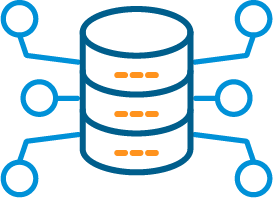
- Social Sciences & Humanities Open Cloud
Service Catalogue
Between January 2019 and April 2022 SSHOC delivers a series of services and tools for daily use by SSH researchers. All tools will be made available via the SSH Open Marketplace by April 2022.
Scroll down to browse the catalogue.



